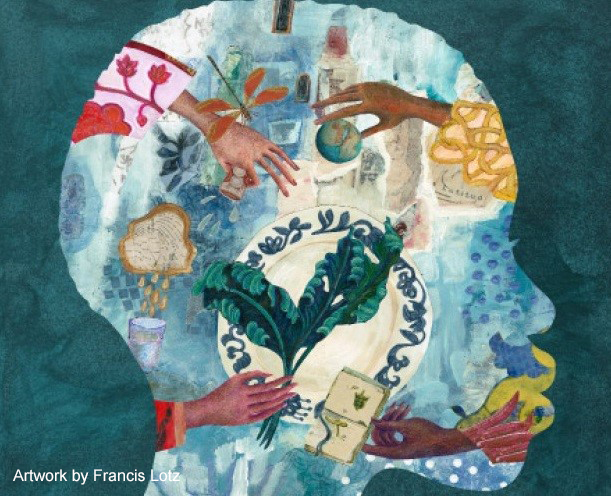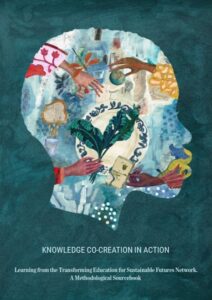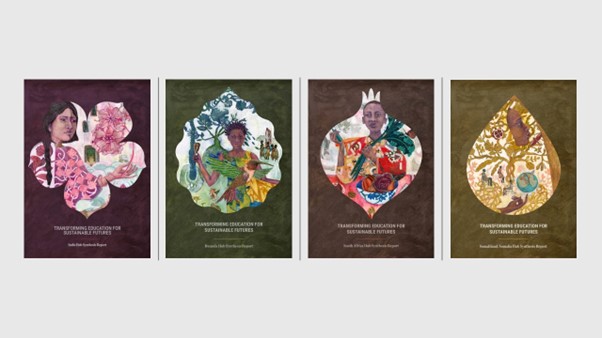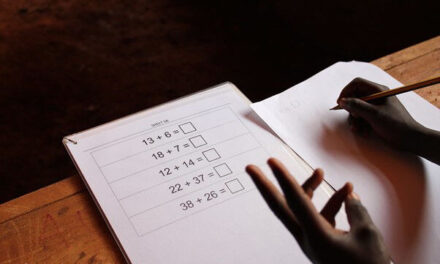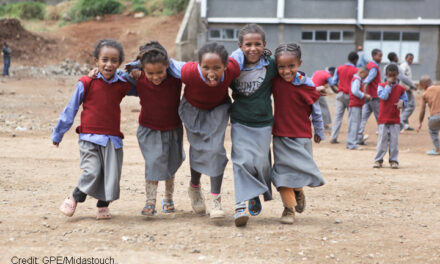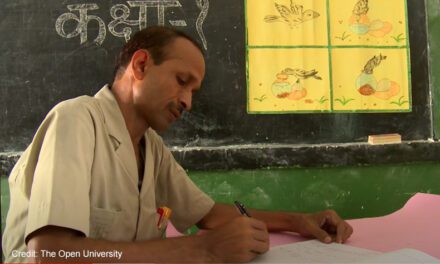This blog was written by Dr Rhona Brown, a Research Associate at the University of Glasgow, to share the work of the TESF Collective.
The Transforming Education for Sustainable Futures (TESF) network (2019 to 2023) was funded by the UK government’s Global Challenges Research Fund (GCRF) and involved Hub partners in India, Rwanda, Somalia/ Somaliland and South Africa. The purpose of TESF was to provide better understanding of how education can be transformed to support sustainable livelihoods, sustainable cities and communities and climate action. Aligned with these concerns in the contexts of India, Rwanda, Somalia/Somaliland and South Africa, a focus of the network was to tackle intersecting inequalities including those based on gender, socio-economic status, race, class, languages, coloniality, and Indigeneity. Overall, the network funded 67 projects across the four countries of research focus.
We sought to synthesise emerging findings and to generate learning from our experiences of applying knowledge co-creation as a transformative practice in economically constrained and highly unequal contexts. The result is: Knowledge Co-creation in Action: Learning from the Transforming Education for Sustainable Futures Network. A methodological sourcebook. It is not intended as a ‘how to do it’ guide to knowledge co-creation. Nonetheless, we hope that through presenting a candid overview of the opportunities and barriers we faced in implementing a co-creative approach to researching education for sustainable futures, the sourcebook will serve as a valuable resource for others interested in adopting a similar approach in their own context.
Curating and synthesising the learning across these diverse projects was a complex and fascinating process. ‘Curation’ has involved showcasing the work of projects in ways that, as far as possible, reflect the authenticity of voices of the project teams, and that place the projects in conversation with each other, within and across countries. The TESF website is one of the key sites for curation: sharing project teams’ own pages and films. Many of the project teams are contactable though their web pages and invite you to get in touch if you want to know more.
Importantly, fresh insights were also gained by looking across individual projects and Hubs in order to synthesise new knowledge and learning. In this way, key messages were amplified across projects and contexts to engage with, expand and challenge global agendas on education and sustainable futures. Some of this synthesis was done at a country level and there are four TESF country reports sharing rich insights from the projects commissioned in each country:
- India TESF Hub Synthesis Report – TESF
- Rwanda TESF Hub Synthesis Report – TESF
- Somalia/Somaliland TESF Hub Synthesis Report – TESF
- South Africa TESF Hub Synthesis Report – TESF
Thematic synthesis was also carried out and the TESF Network produced six Call to Action documents.
We thank you for your interest in the TESF Network and encourage you to dip and dive into these rich resources and help us share them widely.

